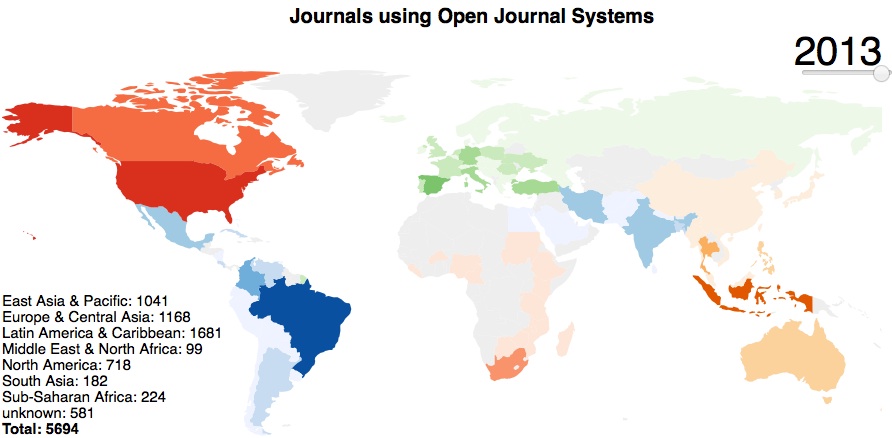Medical school is not what I expected. I’m neither saving lives day in and day out, nor am I the most knowledgeable person in my class. I’m not performing medical miracles and I’m not revolutionizing medicine as I envisioned I would be (yes, with just my twenty odd years of “life experience”). Instead, I feel as though I am trying to drink from a full powered water hose that won’t shut off. I am continuously faced with my own idiocy, ineptitude, and more importantly, fear. I see these super-human, overly capable figures who bear the name of doctor and wonder if I’ll ever be able to stand beside them. And then I stop, look and go.
“Stop, Look and Go” is a theory discussed by a monk who goes by the name of David Steindl Rast. He believes that the key to happiness is to be grateful for every moment that one has in life. However, he stipulates that this can only come about once one realizes that in every moment there lie an infinite number of opportunities at ones disposal. Now, keep in mind that this is, of course, easier said than done. I am far more comfortable wallowing in my self-loathing guilt-infested thoughts about all the opportunities I’ve missed, than focusing on the promise of the moment at hand. Rast’s ideas challenge human beings to do more−all by employing a simple rule we learned to follow as children before crossing roads.
So, what do I gain from the application of said rule? Here is an example of my utilization of this theory, albeit on a rather small scale:
When I Stop, I allow myself to be in the here and now. I am not thinking about the amount of material I have to learn over the next few days, or what I neglected to go over the night before. I am simply absorbing what is provided to me in this moment in time.
Then I Look. Of course, this requires so much more than simply looking. It requires the utilization of every sense to, as Rast puts it, take in the enormous amount of richness provided to us. Looking is the process of making associations and enjoying the present. It requires full awareness. For example, I happen to encounter a patient with inguinal hernias in a clinical setting, after just learning about the condition in the classroom setting. This is a highly enriching experience−an invaluable experience.
Finally, I Go. Now that I have grounded myself in the present and made associations about the overlap of opportunities of that present, I move to motivate myself to do something with this newfound peace and knowledge. This ranges from sharing my thoughts with a colleague who might appreciate them; to renewing my interest in a subject matter I am studying thereby incentivizing myself to continue studying when weary.
For some, all of the above may very well prove to be an exercise in futility and I certainly do not know if everyone will take from this theory what I have−wise monk or not. What I will say is that this has very much widened my perspective on the power of purposeful action and, in my opinion, enhanced my ability to learn and absorb the waterfall that is medical knowledge. To me, medical school is a lot of things. Some days it’s a nightmare, other day the bees knees. Some days it’s taking over my life, other days it is my life. It is difficult but awe-inspiring; fun but tiring. If it were a drug, I’d be an addict and if it were a person we’d be in a torrid love affair. Overall, medical school and being part of the medical profession is surely an invaluable opportunity and I strive to remind myself of my fortunate position as often as necessary, fueling my daily work and propelling me into the future. Thank you brother Rast.









